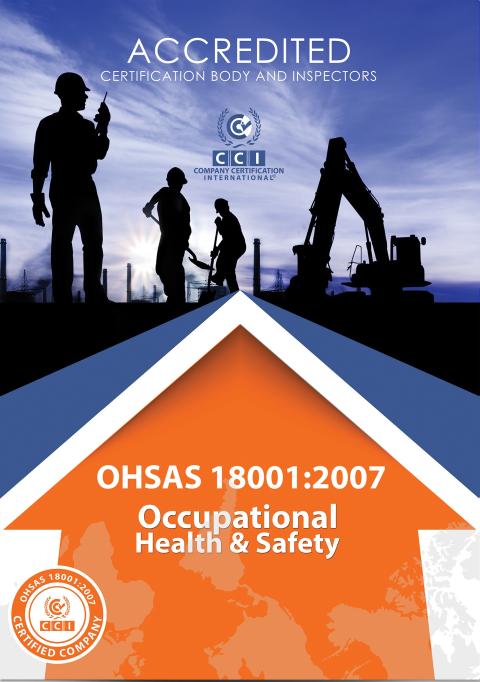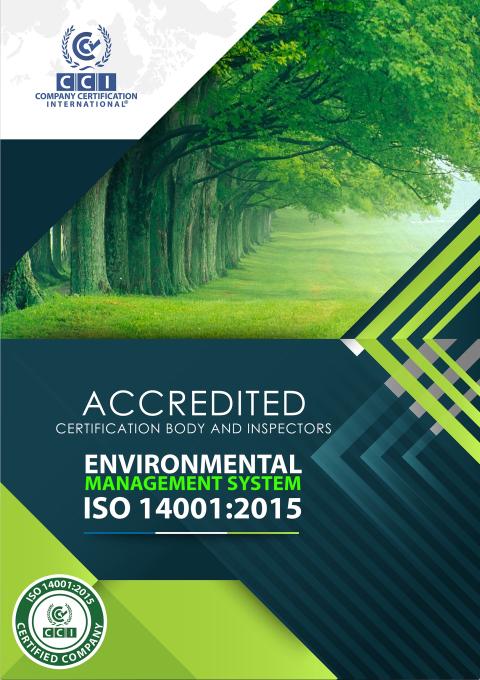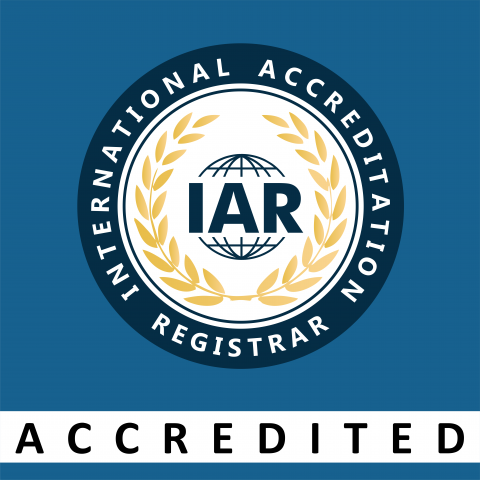ISO 45001 Occupational Health & Safety

Occupational Health and Safety
ISO 45001 | Compliance with Health and Safety legislation and regulations is a critical requirement for all businesses. Implementing a structured Occupational Health and Safety Management System (OHSMS) based on recognized standards can provide significant benefits, including improved compliance, reductions in illness and injury statistics, and cost savings. The OHSAS 18001 standard is the most widely recognized Occupational Health &Safety Management System standard globally. This structured management systems approach enables organizations to identify hazards and assess and prioritize risks. OHSAS 18001 is compatible with the ISO 14001 and ISO 9001 international standards, and more organizations are recognizing the efficiencies and other benefits of an integrated business management systems approach to implement appropriate protective and preventive control measures to reduce the potential for occupational injuries, illnesses, and fatalities. Companies with the above systems have the necessary marketing edge and it helps them to stay in front when it comes to Employee Protection. OHSAS programs deliver Significant benefits, better awareness and control of workplace hazards and risks can reduce the number and severity of lost time incidents and injuries and improve employee health and safety and delivery.
Key Benefits
Implementing ISO 45001 Helps Your Company In The Following Way.
- Commitment to the protection of employees and safeguarding of property
- Compliance with Health and Safety Legislation
- Improve efficiency and consequently reduce Loss of time
- Improving cost control through reduced Incidents
- Reduce insurance premium
- Improve safety culture
- Improve Image with Authorities
- Improve Employee ethics
- Improve awareness in society



